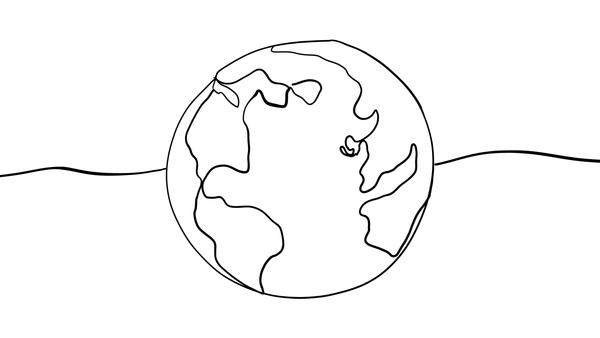The modern era in the United States has been characterized in part by the entry into the paradigm of consumerism, commodity culture, and the digital age of communication and specialization. In suburban and urban settings, the management of food, water, energy, and shelter is provided by institutions and a network of public and private actors. One could argue that a result of these trends is an accepted cultural norm of passive, disempowered consumption in how we relate to the systems we rely upon for our own survival. In the face of climate change, the questions around our cultural habits regarding how we meet our basic needs in the United States grow more pressing.
- What are the assumptions underneath our relationship to how we meet our basic needs today?
- Is it possible to shift our consumption habits without increasing our participation in how we meet our basic needs?
- What are the concerns regarding our ability to meet our basic needs now or in the future?
- How can we, in the present, shape our collective capacity to be self-reliant regarding our most basic needs? And how may our conception of work need to shift?
- RSA video: Constraining Consumption by Chandran Nair, CEO, the Global Institute For Tomorrow
- Permaculture overview
- RSA blog: "What will the world look like in 2035?"
- Institute for Local Self-Reliance
- Documentary overview of permaculture: Inhabit


